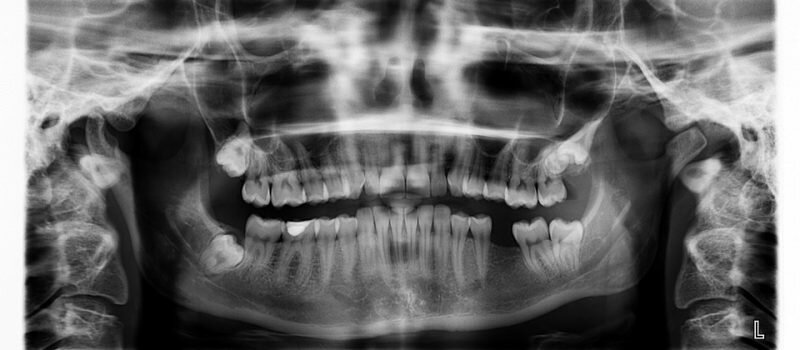Dental implants
Dental implants can be something to really think about as you age. Your smile is something really important.
It’s part of who you are and can make a difference on how you feel.
Maybe it’s your natural smile, maybe it’s your ability to munch on certain foods, and it’s almost certainly your confidence and usual exuberance. You may also experience pain, muscle strain, headaches and find it difficult to speak clearly.
If you have lost the crown, you have lost the visible part of your tooth, but you will still be able to have a new artificial crown fixed to your natural root. If, however, you have lost the root as well, you have also lost the unseen part of your tooth.
For years, full or partial dentures and bridges have been the conventional types of tooth replacements, but most people who are missing one or more teeth find that this is a far cry from an ideal solution.
CONVENTIONAL TREATMENT
Possible problems related to partial/full dentures or crowns/bridges:
- Not aesthetic
- Visible ageing of your face is accelerated
- You may experience pain, sore spots and “dental breath”
- Uncomfortable, can pinch your gums, may move or fall out.
- Speech problems
- You may be unable to eat certain foods
- Risk of accelerated bone loss
- Risk of mis-fitting
- Must be realigned as bone melts away – often requires adhesive
- Damaging adjacent healthy teeth
- Must be replaced after some time
- Not permanent
DENTAL IMPLANTS
- Look, feel and function like natural teeth
- Mean lifelong tooth replacement for many people
- Replace your tooth roots
- Preserve the bone
- Do not damage adjacent teeth
- Are stable as the crown is firmly attached to the implant
- Restore your natural chewing capacity

